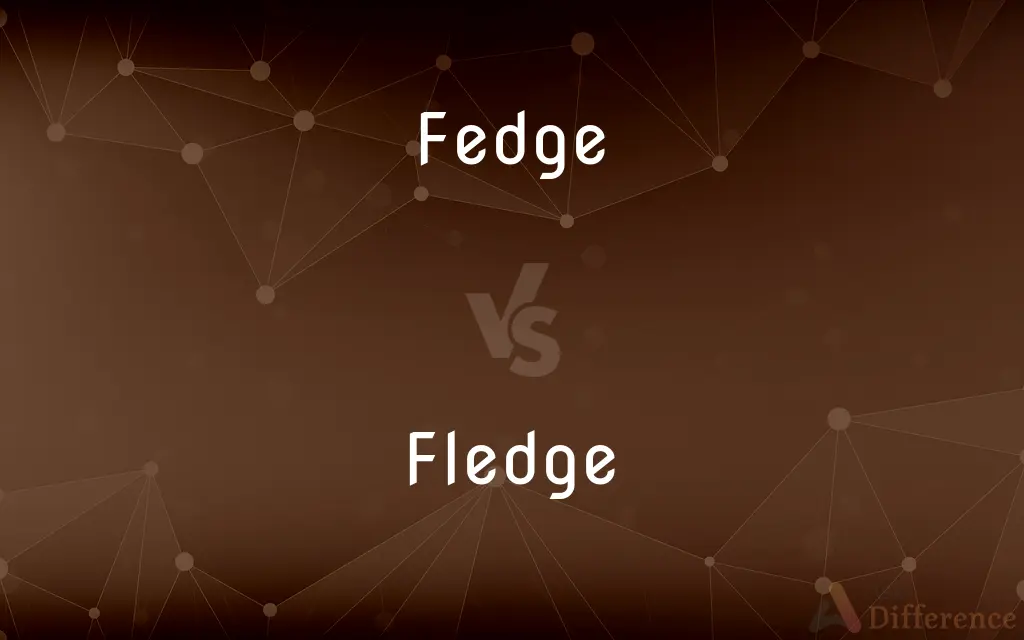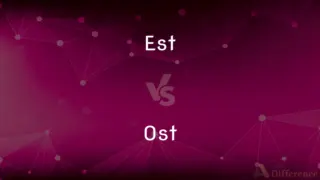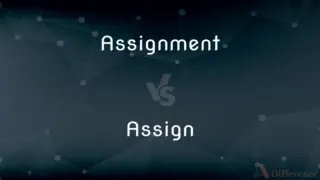Fedge vs. Fledge — What's the Difference?

Difference Between Fedge and Fledge
ADVERTISEMENT
Compare with Definitions
Fedge
(horticulture) A fence made up of living plants, especially willow, thus somewhat resembling a hedge.
Fledge
Fledging is the stage in a flying animal's life between hatching or birth and becoming capable of flight. This term is most frequently applied to birds, but is also used for bats.
Fledge
(of a young bird) develop wing feathers that are large enough for flight
The young fledge around four weeks after hatching
Fledge
To raise (a young bird) until it is ready to leave the nest
A pair of ducks that fledged several young.
Fledge
To cover with or as if with feathers.
ADVERTISEMENT
Fledge
(Archaic) To provide (an arrow) with feathers.
Fledge
To grow the plumage necessary for flight.
Fledge
To leave the nest
Nestlings that are about to fledge.
Fledge
(transitive) To care for a young bird until it is capable of flight.
Fledge
(intransitive) To grow, cover or be covered with feathers.
Fledge
(transitive) To decorate with feathers.
Fledge
(intransitive) To complete the last moult and become a winged adult insect.
Fledge
(archaic) Feathered; furnished with feathers or wings; able to fly.
Fledge
Feathered; furnished with feathers or wings; able to fly.
His shoulders, fledge with wings.
Fledge
To furnish with feathers; to supply with the feathers necessary for flight.
The birds were not as yet fledged enough to shift for themselves.
Fledge
To furnish or adorn with any soft covering.
Your master, whose chin is not yet fledged.
Fledge
Feed, care for, and rear young birds for flight
Fledge
Decorate with feathers;
Fledge an arrow
Fledge
Grow feathers;
The young sparrows are fledging already
Share Your Discovery

Previous Comparison
Est vs. Ost
Next Comparison
Assignment vs. Assign














































